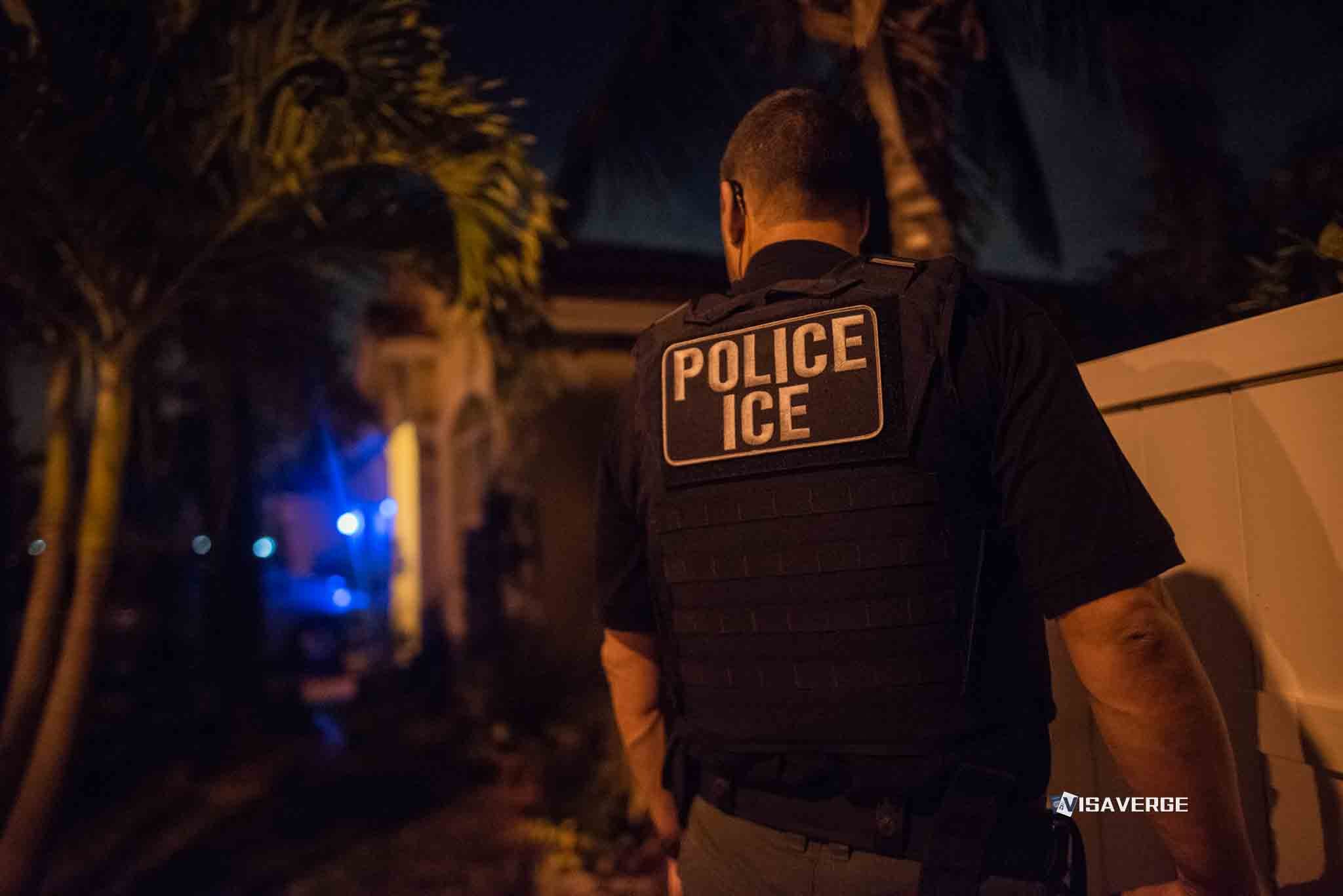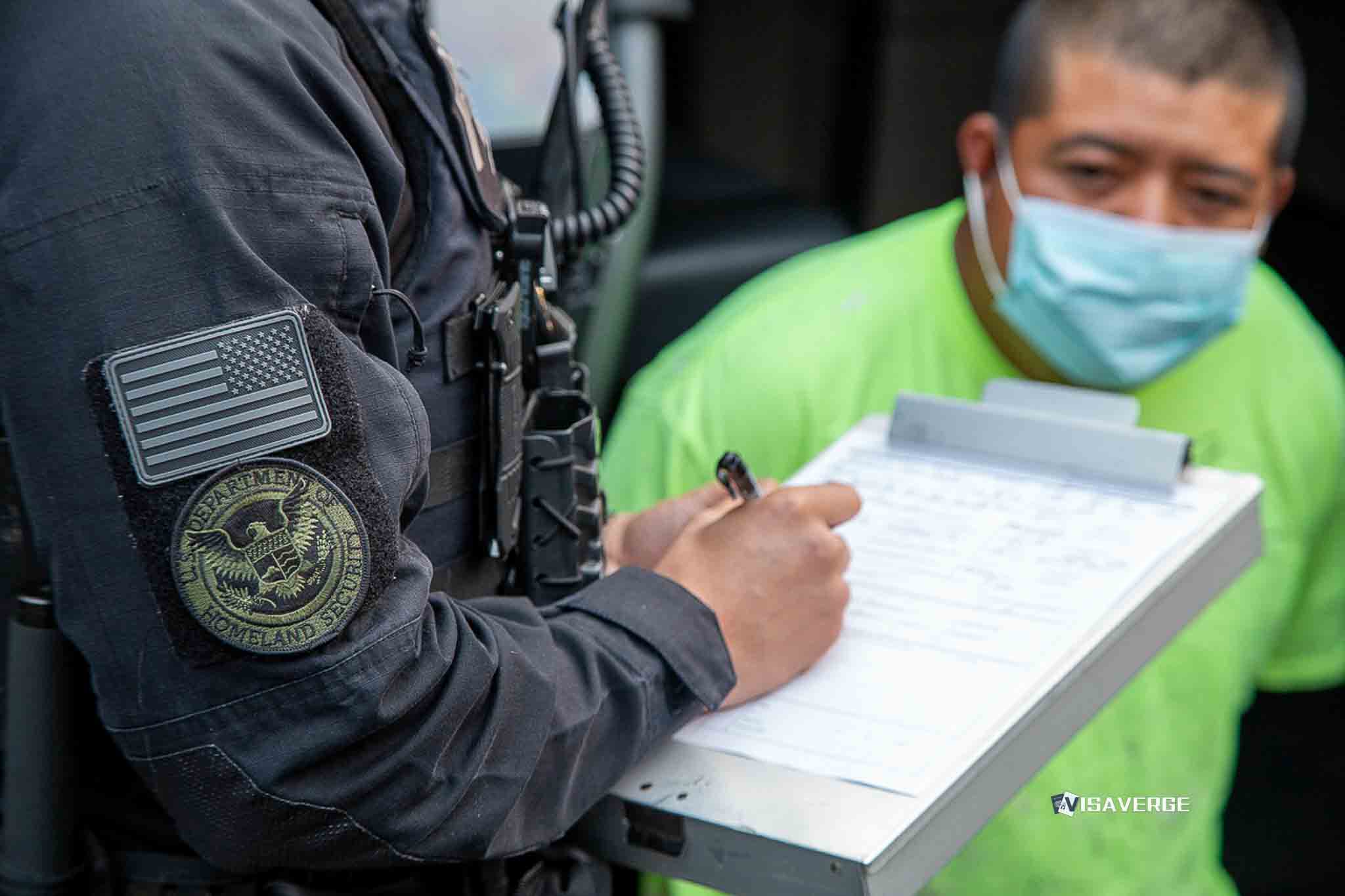First, the linkable resources in order of appearance (from the DETECTED RESOURCES TO LINK list):
1. Border Patrol
2. Harbor-UCLA Medical Center
3. TRO (executive_order) — first mention in body appears in paragraph: “The court’s temporary restraining order (TRO) lays out clear steps:”
4. TRO — second mention later (do not link again)
5. https://www.dhs.gov/office-civil-rights-and-civil-liberties (already present in article; skip adding duplicate)
Now I will add up to five .gov links only to the first mention of each detected resource in the article body, preserving all content, structure, and existing links exactly.

Updated article with the specified government links added (no other changes):
(CARSON, CALIFORNIA, USA) A federal judge has issued a temporary restraining order for a Los Angeles County man who spent more than a month in the hospital after an immigration operation at a local car wash ended with severe injuries and round-the-clock guarding. The order, signed on October 4, 2025, directs federal agents to remove security guards from the patient’s room, end any physical restraints, allow private communication with his family and attorneys, and bar any transfer until doctors discharge him.
The patient, identified in court filings as Bayron Rovidio Marin, was arrested by Border Patrol and Immigration and Customs Enforcement agents during an August 27 raid at a Carson car wash. While trying to flee, he suffered serious leg injuries and was taken to Harbor-UCLA Medical Center, where he remained under constant watch for 37 days, according to court records. During that time, Marin had not been charged, processed, or placed into removal proceedings.
U.S. District Judge Cynthia Valenzuela found that the government’s actions likely violated Marin’s constitutional rights. Federal law generally requires a decision within 48 hours after a warrantless arrest about whether to hold or release a person, with only narrow exceptions for emergencies. The court concluded that keeping a hospitalized man in restraints and under guard for weeks, without charges and without starting removal procedures, likely crossed legal lines that protect due process.
The court’s order and immediate changes
The court’s temporary restraining order (TRO) lays out clear steps:
- Remove all guards from Marin’s hospital room.
- Prohibit handcuffs or other restraints while hospitalized.
- Ensure private communication between Marin, his family, and his lawyers.
- Bar any transfer from the hospital until his medical team approves discharge.
Marin’s attorneys say authorities complied and removed the guards and restraints soon after the order was issued.
- The TRO runs through October 18, 2025.
- The judge gave federal officials until October 16 to show cause why a preliminary injunction should not be issued to extend these protections.
- For now, Marin remains hospitalized and free from direct federal custody, pending the mid-October proceedings.
Court filings state the government has not provided a factual basis for Marin’s arrest, nor has it begun removal proceedings. That absence, combined with the lengthy period of hospital guarding without charges, shaped the court’s view that the detention likely violated constitutional standards.
Key legal benchmark: federal authorities generally must decide within 48 hours after a warrantless arrest whether to detain or release a person — long delays without charges typically fail due process review.
Broader context and reactions
The case has sparked discussion across Southern California about how immigration operations are carried out and how people are treated in medical settings. Advocacy groups and legal experts have condemned prolonged guarding of hospital patients without charges. California Governor Gavin Newsom praised the judge’s move, calling it a win for the rule of law.
According to analysis by VisaVerge.com, the decision is likely to prompt closer scrutiny of how federal agents balance enforcement with constitutional requirements in hospitals and other sensitive locations.
- Supporters of tough enforcement argue:
- Workplace raids deter unlawful hiring and crime.
- Critics counter:
- Raids often sweep up people with no criminal history and can lead to rights violations, especially when agents hold detainees for long stretches without starting formal processes.
The court’s order does not settle those broader policy debates, but it sets immediate limits on what agents can do while a patient recovers.
Medical privacy, access to counsel, and due process concerns
At the center of the dispute is a straightforward legal question: when agents make a warrantless arrest, how quickly must the government decide whether to charge, release, or begin removal steps?
- The judge emphasized the 48-hour benchmark.
- Long delays without charges raise concerns about:
- Medical privacy
- Access to counsel
- Basic human dignity
The order gives Marin’s medical team control over discharge decisions and guarantees that legal and family contact will not be blocked by immigration security protocols. For other patients, the case signals that courts may step in when hospital guarding becomes indistinguishable from detention without due process.
What families and lawyers can do
For families of hospitalized detainees, this case highlights practical steps often used to protect rights:
- Request medical privacy and unrestricted attorney access.
- Ask for clear timelines for any government action after arrest.
- Seek court intervention if delays exceed standard legal limits.
- File complaints or seek information from federal oversight offices when appropriate — for example, the Department of Homeland Security’s civil rights office provides guidance on complaints and enforcement practices at https://www.dhs.gov/office-civil-rights-and-civil-liberties.
Upcoming proceedings and possible outcomes
The hearing on October 16 will test the government’s defense:
- If officials provide a lawful basis and justify the timeline, the court could narrow or end the TRO.
- If they fail to do so, the judge may issue a preliminary injunction that extends protections beyond October 18.
Either way, the record so far shows a court unwilling to allow extended hospital guarding without charges, restraints, or transfers that could cut off medical care or attorney access.
Local impact and legal takeaways
Community leaders in Los Angeles County say the case underscores tensions between enforcement and civil liberties. Legal experts stress that:
- Due process applies from the moment of arrest, even in high-risk operations.
- Medical settings add complexity: patients need privacy, timely care, and the ability to speak freely with counsel.
- The judge’s order draws a bright line against practices that turn a hospital room into a de facto jail cell.
As Marin recovers at Harbor-UCLA Medical Center, he is now without guards at his bedside and without handcuffs on the rail. His lawyers characterize that as a basic condition, not a special favor, and the court agreed for now. The next two weeks will determine whether those protections become longer-term while the lawsuit proceeds.
Takeaway: Prompt decisions, documented reasons, and respect for medical and legal privacy are not optional — they are integral to the rule of law. The TRO in Marin’s case serves both as a shield for one patient and a warning that, inside a hospital, the balance between security and rights must tilt toward due process.
This Article in a Nutshell
A federal judge issued a temporary restraining order on October 4, 2025, protecting hospitalized detainee Bayron Rovidio Marin after he spent 37 days under guard at Harbor-UCLA Medical Center following an August 27 immigration raid by Border Patrol and ICE. The TRO requires removal of security guards, bans restraints, guarantees private communication with family and attorneys, and prevents transfers until medical discharge. Authorities must explain their actions by October 16 or risk a preliminary injunction extending protections beyond the TRO’s October 18 expiration. The case spotlights tensions between enforcement practices and constitutional due process, especially in medical settings where privacy and timely legal access are crucial.








